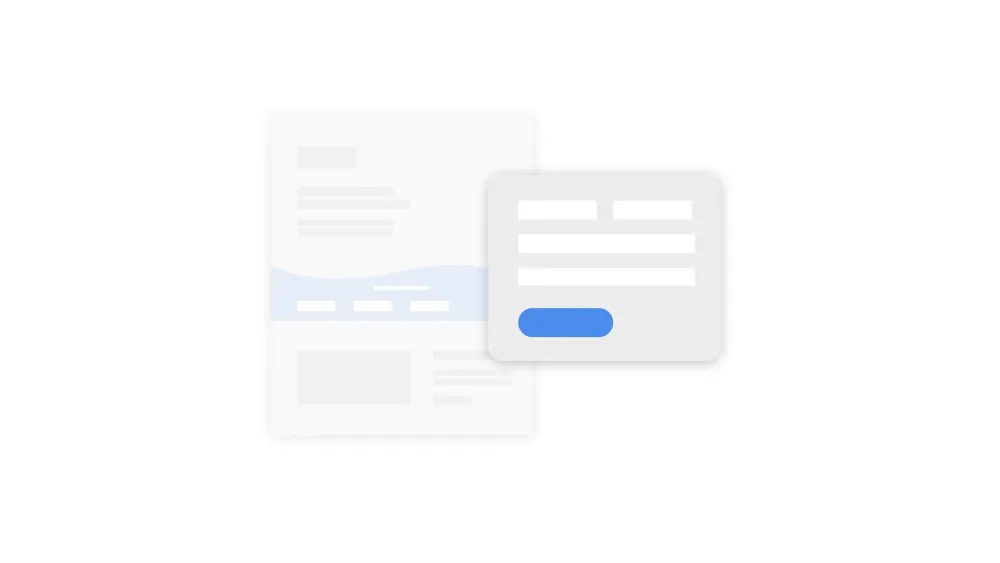When we work on B2B SaaS product marketing with software companies, there’s a tendency to assume calling their solution a “Platform” only has upside. They see their solution as something crucial to what a certain industry or group of customers need, to the point that calling it a “Platform” is worth doing from a marketing and positioning perspective. What are the downsides though? The word “Platform” can be very powerful in certain instances, and also comes with a few caveats that I wanted to share.
What is a Platform?
In the context of software, a platform is not like an Oil Platform, supporting other structures, or like platform shoes making you look bigger (although that's often the reason small software companies like to call their solutions a platform). For one, platforms are typically not created by the software vendors or companies that build the product - they’re built with the users in mind who adopt the solution in a large volume, created by the network effect. And of course, you can stimulate that, but you’re not necessarily completely in control. More than anything, platforms are created by others building on top of your platform, extending it with solutions, integrating it with other systems.
The costs of calling your B2B SaaS product a “Platform”
It’s definitely valuable for investors or people willing to invest in your solution knowing it has reached a certain momentum, a certain penetration, and knows what a platform typically means. But what is the real cost of calling your product a platform?
Appearing over-complex
For one, a lot of customers don’t necessarily look for a platform. They look for a solution. They look for something that is going to help them solve their problems. Sometimes, using the word “Platform” might not connect with what the customer really needs.
Fear of incompleteness
The word platform could be perceived by customers as an incomplete product. Is this platform going to need our things on top of it, or molded onto it, that turns into the solution I’m looking for? This could result in the platform being a barrier for someone to say “hey, this is completely what I’m looking for, and now I have a solution.”
Over-paying
The other thing is that the word “Platform” might make people feel is that it’s more than what they need. They might think “I don’t need all of these things. I just need what solves my problem,” and a platform can have the side-effect that they’re buying into more than what they need.
Then, they’ll start to ask: “Am I paying too much?” If they’re paying for a platform, they’re going to wonder if they’re paying for more than what they need, and on top of that, they’re wondering if it’s too complex for what they need.
Data lock-in
Finally, the last reason why calling your solution a platform is risky, is because it could mean to some people something they’re locked into. Maybe it concerns them that they won’t be able to move their data, so they’ll use something else.
Final Notes
None of those qualities are official attributes of a platform (being locked in, paying too much, being incomplete, overly complex), but I just wanted to share the perspective of a customer when you call your solution a “Platform.” While it sometimes is appreciated by investors, it’s not necessarily a great way to position your product to customers looking for a solution.
